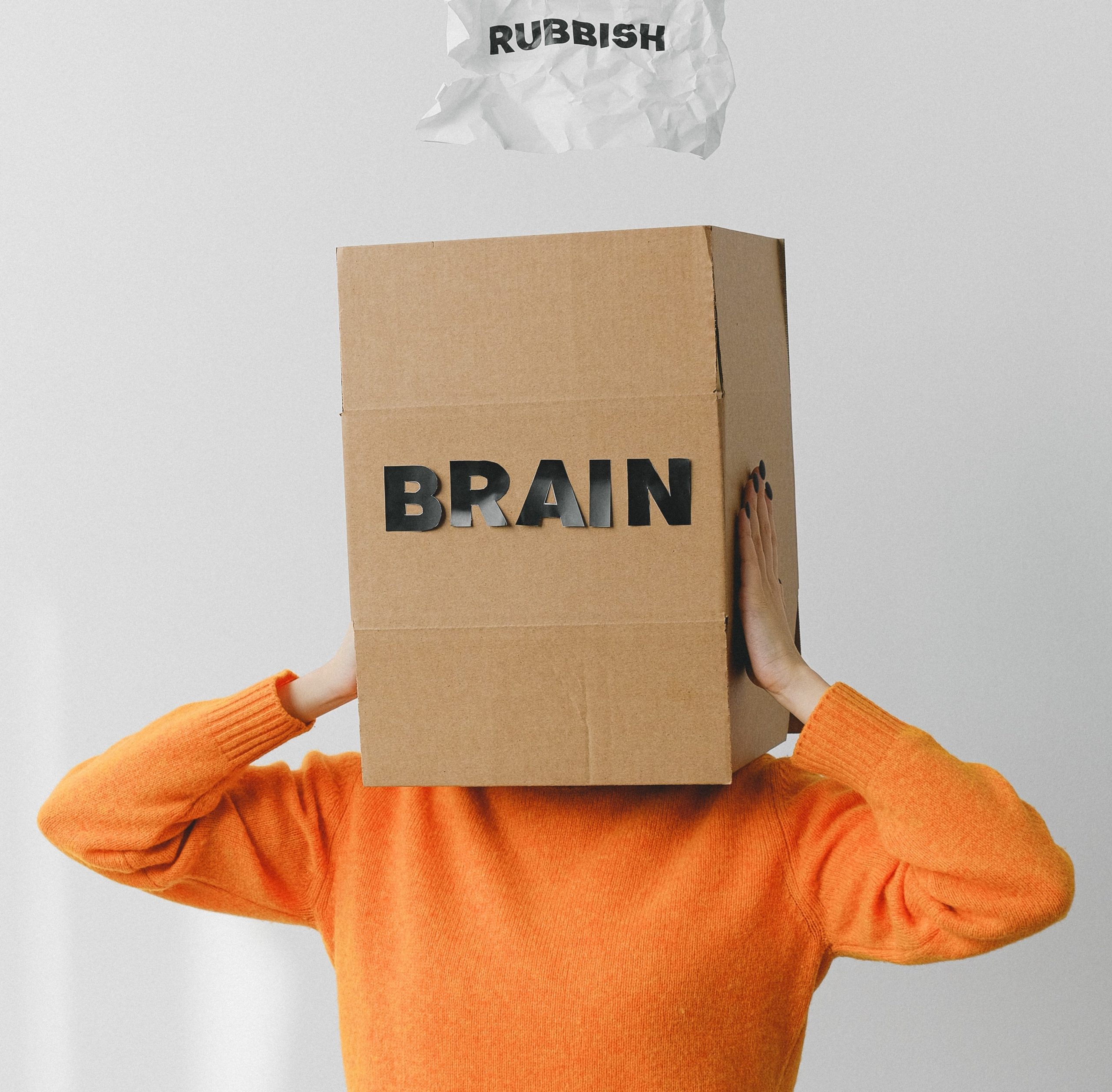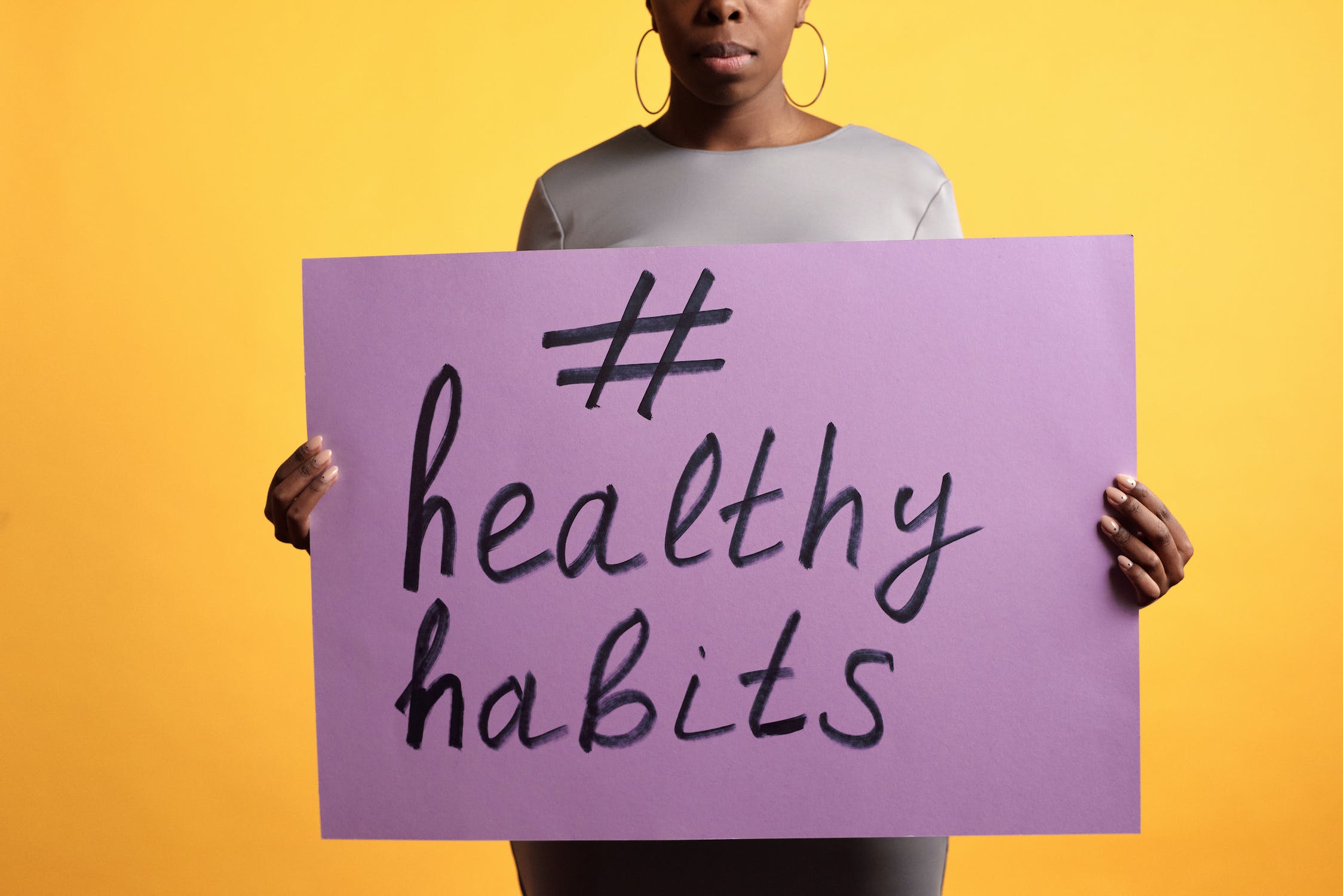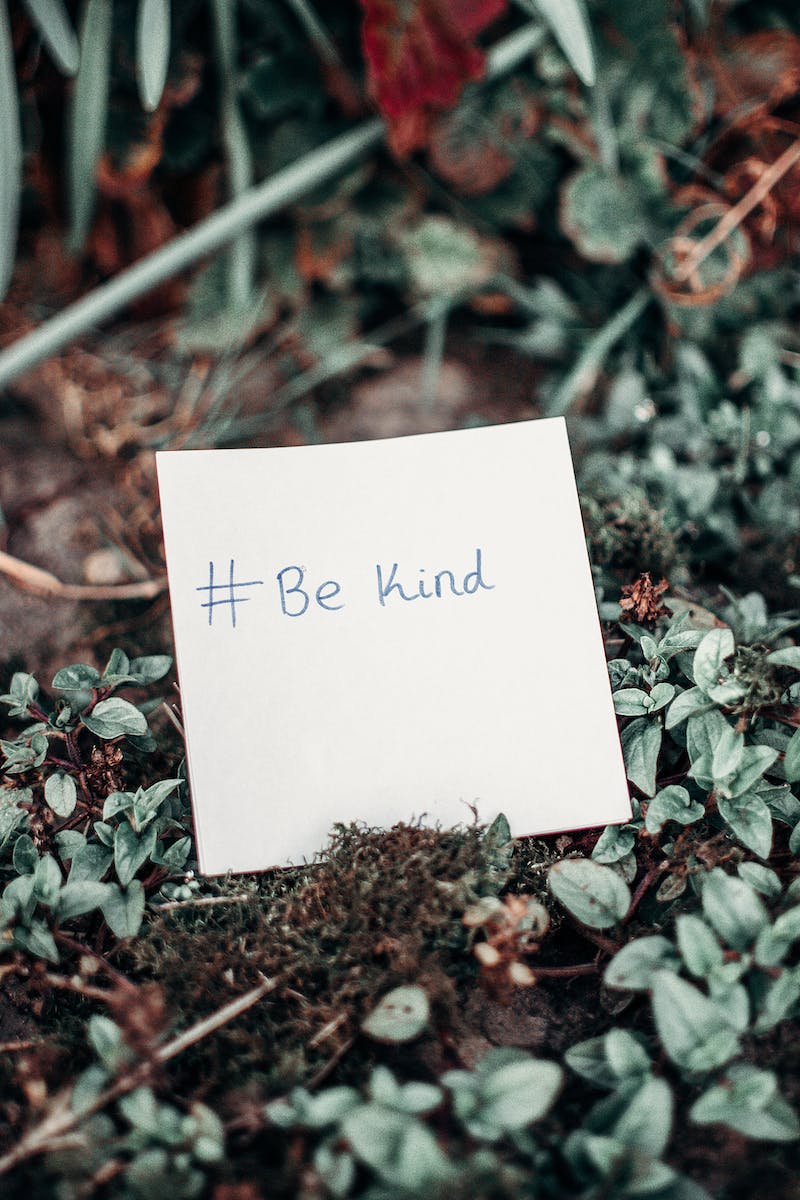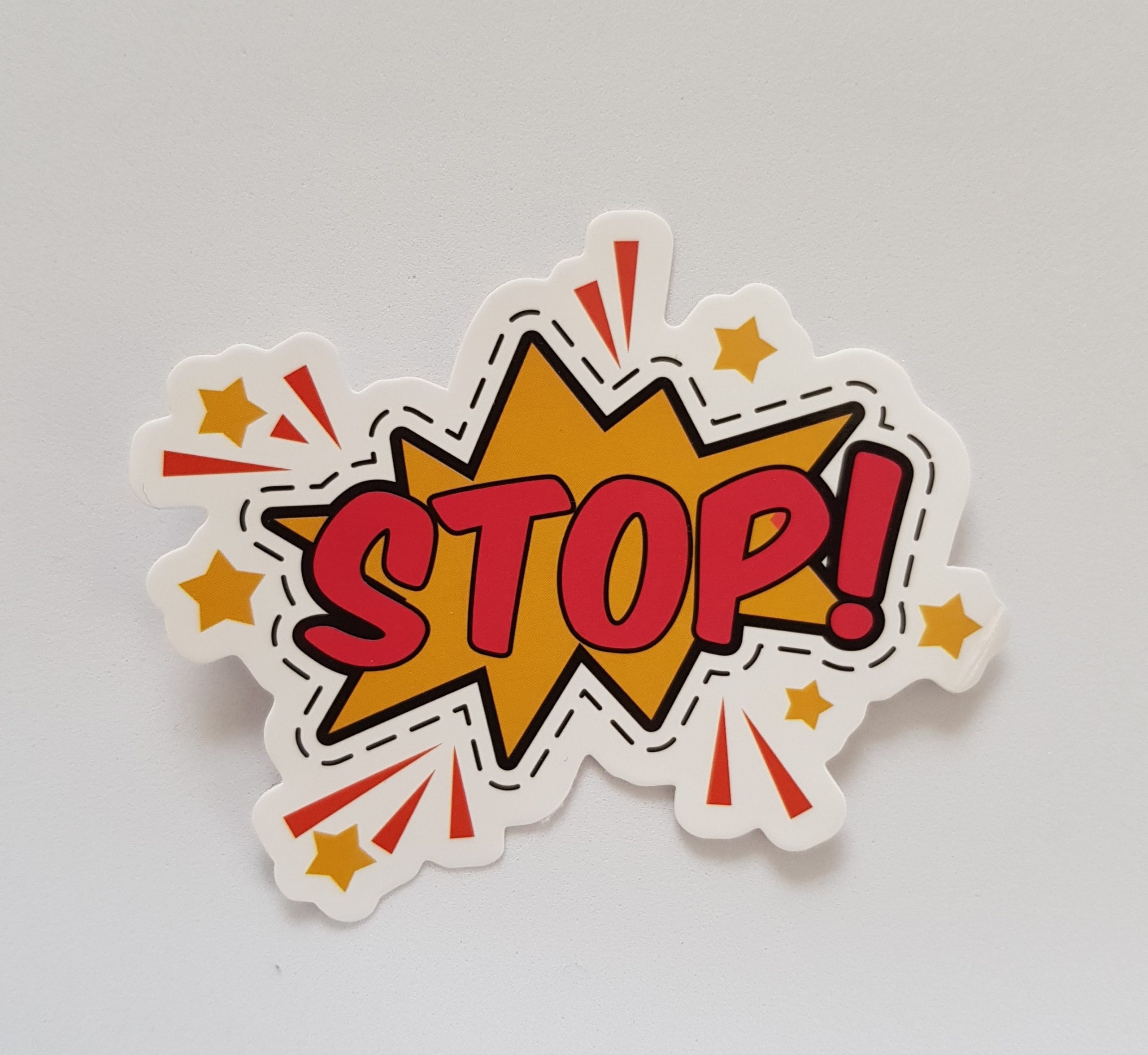
One of the most common types of feedback I get from students, is how much they value consistent and regular check-ins over a long period of time for supporting their mental health. It’s a safe and non-judgmental space to have conversations about their mental health, express feelings, see where they’re at, work out what their needs are, plan their day, prioritise what’s most important. A reflective place to be seen, heard, validated, reassured and get some perspective.
However, when it comes to checking-in with ourselves it’s not so easy or regular. When in the last few days, weeks or months did you just stop whatever it was you were doing and take a few minutes to reflect on how you were, what was taking up headspace, what your needs were and plan how you wanted to go about your day or week? Probably very little or none.
We’re often too hurried, stressed, busy trying to get somewhere, striving to achieve something, get jobs done, often on automatic pilot – caught up in active mode: doing and thinking. The problem with all this busyness, is it’s easy to lose connection with ourselves, and feel caught up in a constant swirl of juggling varying commitments, with little or no time to think about how we want to be and approach our day-to-day lives. Which can lead to increased distress, feeling discombobulated, scattered, overwhelmed and burnout.
Studies have shown how people approach the start of the day impacts their wellbeing and frames the day. So, if you start your day off feeling rushed and unprepared for the day ahead, chances are you’ve set the tone for the rest of the day to play out like that. However, we’re much more likely to handle the inevitable ups and downs the day throws up and take things in our strides if we start with purpose and intention.
Taking the time to check-in in yourself at the start of the day, or even setting some regular time aside for reflection is one of the best skills you can learn and practice for looking after your mental health.
We are ‘human beings’ and not doings after all, so allowing yourself to reflect on how you are, how you want to be and what your intentions are for the day or week before stepping into active busy mode: doing and thinking, means a less reactive or mindless way of living.
WHAT IS A SELF CHECK-IN?
It’s about acknowledging where you’re at: physically, emotionally and mentally, figuring out what your needs are in that moment and using that information to work out what your priorities are. It’s an opportunity to reconnect with yourself, reset and refocus. Think of it as an act of self-care.
WHY IS IT IMPORTANT?
I liken checking-in it setting the dial to where you want to go and how you want to be. If you don’t do regularly, you may well end up in places or states you didn’t intend or want to be in. How we spend our days is often reflection of how we spend our lives, so taking the time to reflect, respond to our needs and set intentions is probably a good idea.
HOW DO I CHECK-IN?
You can check-in through journaling, non-verbally using mindful awareness, silently asking yourself some questions or using digital help. You just have to find the right method for you and the beauty of it, is, there is no right or wrong of doing it.
WHEN IS A GOOD TIME TO CHECK-IN?
The start and end of the day are good times because they can help to frame or reframe your day/week, but you can check-in with yourself at any time. Any moments in the day where you’re waiting for something, have free time or are in transition between activities are good opportunities for checking-in.
WHERE CAN I CHECK-IN?
It’s probably best to check-in without any distractions in a quiet, comfortable and warm space where you feel safe and calm. However, a self-check-in can also be portable and be done informally such as when you’re under the duvet in bed, in the shower, sitting at the kitchen table with a tea or coffee, before a meeting, or even on a walk or while you’re on public transport.
REMEMBER….
There is no right or wrong of doing it. Just find the right method for you.
In my next blog, I’ll provide you with some useful prompts and questions to help guide yourself check-in a view to inspiring and motivating you try it yourself and practice it more regularly.



